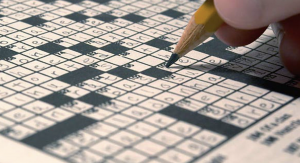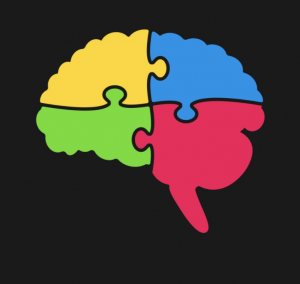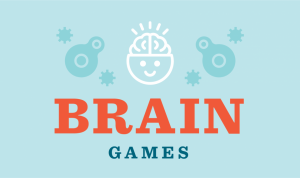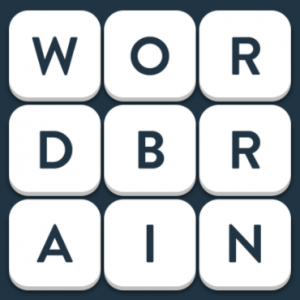Among its main positive aspects is exercising memory and avoiding brain problems. In addition, crossword puzzles are real challenges and a source of knowledge.
Doing crosswords is often considered just another hobby. We do not even realize the advantage it gives us and the great mental exercise it supposes.
Various research suggests that this activity may help prevent dementia and Alzheimer’s, as well as improve overall brain function and memory. Surprisingly, play can relieve stress and, if solved in a group, triggers a strong sense of bonding.
In fact, it is recommended to do a crossword a week depending on the complexity you have. In addition, it could do wonders in your social life, as it helps you strengthen your knowledge.
Here are eight more reasons for you to consider and start putting them into practice.

1. Prevents dementia
Crossword puzzles are a great way to keep your brain sharp as you age. The Alzheimer’s Association recommends this habit to help prevent dementia and other brain and memory ailments.
2. Improve verbal skills
According to studies, doing daily crosswords benefits your verbal skills. Even if you can’t finish one, you’ll start to figure out what the different words mean as you solve the clues you know.
In addition, the practice of investigating arises to resolve the doubts that remain in the face of unresolved questions.
3. Practice problem solving
This game is a great way to practice problem solving. According to Tyler Hinman, a five-time winner of the American Crossword Tournament, “People who are said to be the best at this are said to be musicians or people who are in science or math. What these fields have in common is that they consist of looking at coded information and being able to instantly translate it into something meaningful, ”he explains. Consistent exercise is the foundation.
4. Teaches to see patterns
People love to find patterns. It gives structure to their lives, explains how different things are connected, and is the foundation of science and math.
One of the key benefits of crosswords is that they are a great way to exercise your pattern-sensing muscle.
5. It helps to have the necessary relaxation
Another benefit of crosswords is that they allow you to get lost for a while and relax. Spending a few minutes a day doing an activity that takes you away from daily stress is a form of meditation and, without a doubt, of clearing your mind.
6. Trivia fans
If you are a fan of trivia, you will love crosswords. They are solo games and you will be surprised how good they are at starting conversations on different topics. In addition, they pose personal challenges that you can overcome as you do them.
7. The Aha moment
There’s nothing like that feeling of suddenly finding the answer you’ve been looking for. It’s known as the Aha moment and crossword puzzles are so addictive because they trigger a series of these situations.
8. Fun
This might be the best reason to do one crossword a week. They are portable, dynamic and uncomplicated fun.


 WordBrain Answers by their pack order in the game. Wordbrain is a free to play puzzle game. In this game your challenge is to find hidden words in a grid puzzle. You can build a word up, down, left, right and even diagonally. You should find the right words based on the length of those hidden words. But sometimes you need to find words in the right order.
WordBrain Answers by their pack order in the game. Wordbrain is a free to play puzzle game. In this game your challenge is to find hidden words in a grid puzzle. You can build a word up, down, left, right and even diagonally. You should find the right words based on the length of those hidden words. But sometimes you need to find words in the right order.